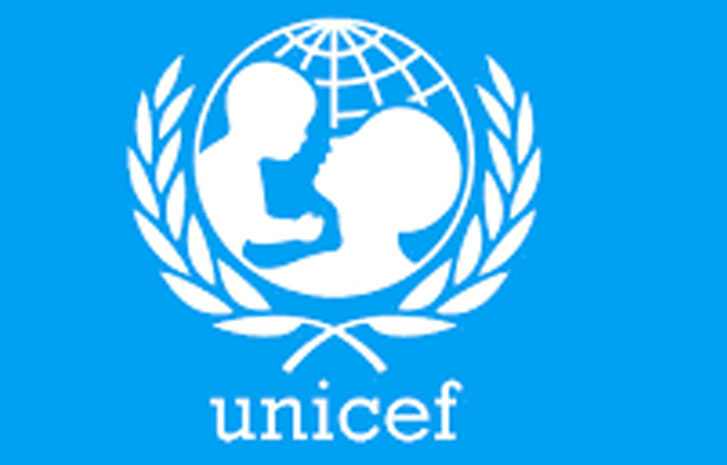Children in conflict zones such as the North East of Nigeria are more likely to die from water-related diseases than from gun bullets, a new report by the United Nations Children Fund, UNICEF, has revealed.
In a damning report, UNICEF said that children under the age of 15, living in countries affected by protracted conflict are on average, almost three times more likely to die from diarrhoeal diseases caused by a lack of safe water, sanitation and hygiene than by direct violence.
The report entitled: “Water Under Fire” looks at mortality rates in 16 countries going through prolonged conflicts and finds that, in most of them, children under the age of five are more than 20 times more likely to die from diarrheal-related deaths linked to lack of access to safe water and sanitation than direct violence.
According to UNICEF’s Executive Director Henrietta Fore, the “Odds are already stacked against children living through prolonged conflicts – with many unable to reach a safe water source. The reality is that there are more children who die from lack of access to safe water than by bullets.
“In Nigeria, conflict has created huge challenges for people living in the North East of the country, where violence has affected their ability to access water and sanitation, leading to diseases such as cholera,” Mohamed Fall, UNICEF Nigeria Representative, said.
He said “More than 3.6 million people are in need of water, sanitation and hygiene services; 1.1 million of these are internally displaced (IDPs), having fled their homes due to violence and conflict. Many of them are out-of-reach, in remote areas still impacted by conflict. About 800,000 people are in hard-to-reach areas and 79 percent of these are children and women.”
In North-East Nigeria, 5,365 people were affected by cholera, with 61 dying in 2017, while 12,643 people were affected and 175 died of cholera in 2018.
UNICEF said, “Without safe and effective water, sanitation and hygiene services, children are at risk of malnutrition and preventable diseases including diarrhoea, typhoid, cholera and polio. Girls are particularly affected: They are vulnerable to sexual violence as they collect water or venture out to use latrines.
“They deal with affronts to their dignity as they bathe and manage menstrual hygiene. And they miss classes during menstruation if their schools have no suitable water and sanitation facilities.”

